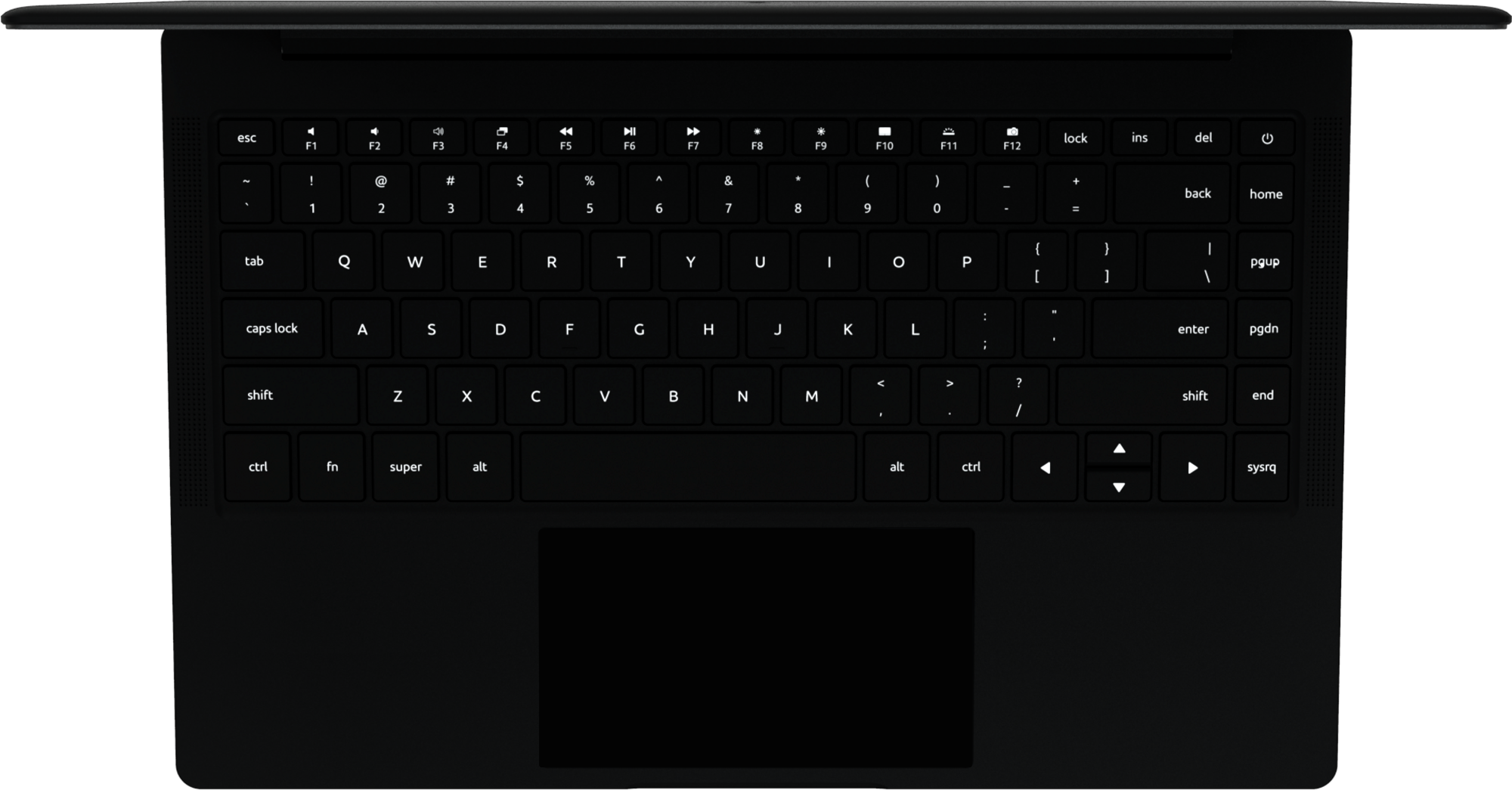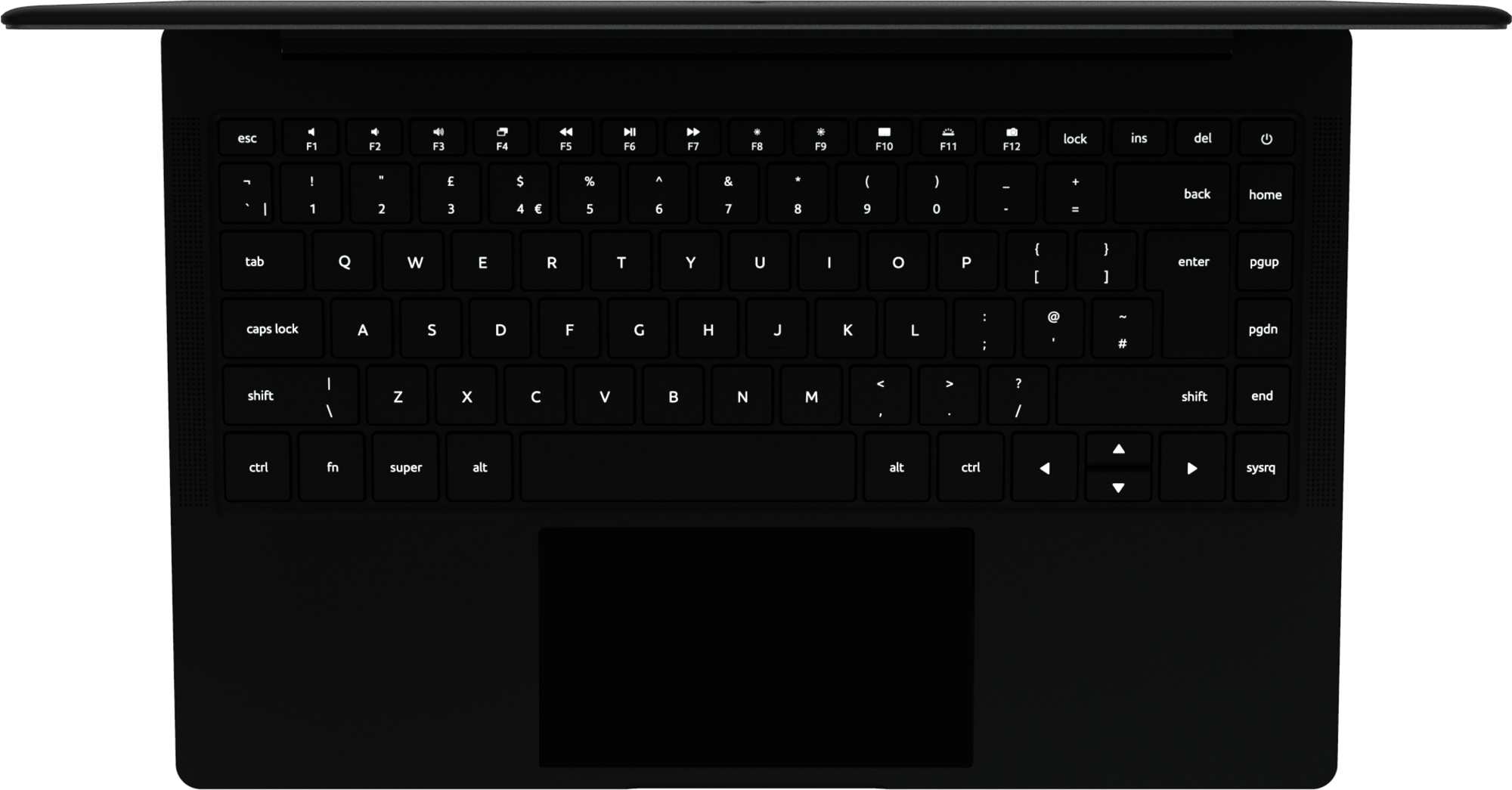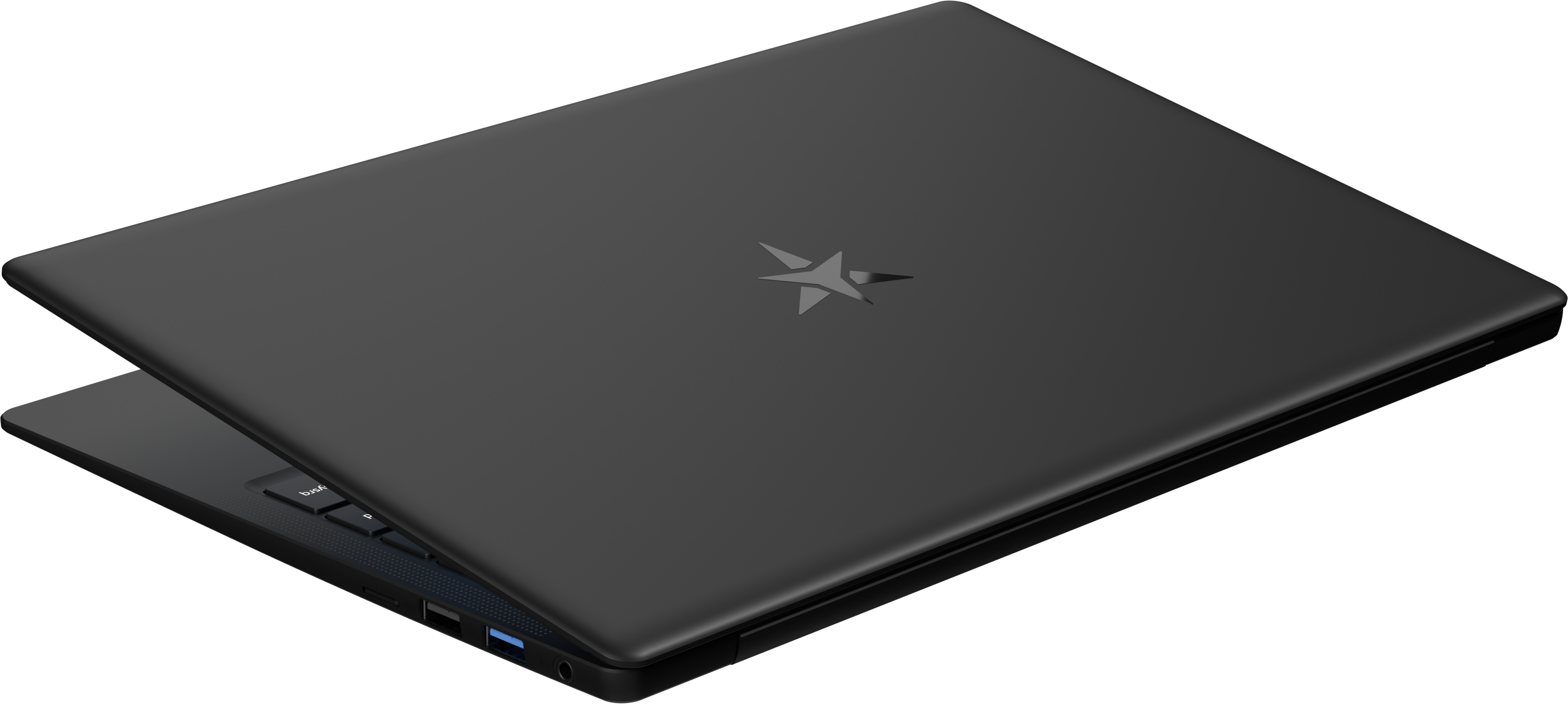Meet the StarBook Mk V with elementary OS
An incredible laptop, in partnership with Star Labs
elementary is proud to announce our first ever partner device: StarBook Mk V from Star Labs, available today on the elementary Store.

StarBook Mk V offers an incomparable laptop experience with elementary OS; every hardware decision has been reviewed by elementary to ensure the best possible experience. When purchased with elementary OS, you are getting the software straight from elementary, designed as intended.
“Our mission is quite simple,” says Sean Rhodes, Technical Project Lead at Star Labs. “To make laptops for Linux that provide a seamless experience—matching everything you would expect from a Mac or Windows equivalent.” And with elementary OS, StarBook Mk V delivers that and more. “Everything combines to create a flawless overall experience. It’s polished and straightforward, yet very capable,” Sean says of elementary OS.
Hardware and Tech Specs
The hardware is stunning. Carved from bead-blasted matte black anodized aluminum, StarBook Mk V is the perfect combination of powerful, portable, and durable: just 0.7 inches (1.8 cm) thin, and only 3.08 pounds (1.4 kg). The 14-inch ARC display is a bright 1920×1080 IPS panel with a hard, anti-reflective coating that offers the brightness and color vibrancy of a glossy display with the viewing angles and reduced glare of a matte display, while the thin bezels pack the large display into a small footprint.


The backlit keyboard comes in US English, UK English, French, German, Nordic and Spanish layouts. It’s comfortably quiet with snappy scissor mechanisms, and offers essential elementary OS media keys across the top row as well as often-used Home, End, Page Up, and Page Down keys along the right side. The large, specially-engineered multi-touch glass trackpad is silky smooth to the touch with unparalleled precision and accuracy in elementary OS for tracking, scrolling, and multi-touch gesturing.

The USB-C port supports Thunderbolt 4 with power delivery, display output, and 40 Gbps bandwidth to ensure charging and expanding is easier than ever, while an HDMI port, microSD slot, 3.5 mm headphone jack, dual USB 3.0 Type-A ports and a USB 2.0 Type-A port offer even more connectivity. The quad speakers, dual microphone array, and top-mounted HD webcam are great for today’s world of voice and video calls—plus Bluetooth 5.1 enables connecting to wireless peripherals like a mouse, keyboard, headset, and more, while Wi-Fi 6 offers fast wireless speeds up to 2.4 Gbps.
StarBook Mk V is engineered around 11th-generation Intel Core processors, fast DDR4 memory, and the over-provisioned StarDrive SSD storage. Configure up to a 2.8 GHz quad-core i7 processor with 4.7 GHz turbo boost, dual-channel 64 GB memory, and 1 TB of Gen4 PCIe storage with 7,000 MB/s read and 5,500 MB/s write speeds.
And to top it all off, Star Labs provides regular firmware updates via the Linux Vendor Firmware Service for the StarDrive, system firmware, fan curves, and even bootloader—meaning your StarBook Mk V gets even better over time.
The Road to StarBook Mk V
Star Labs first raised the possibility of a partnership years ago, and we’d been in discussions until mid-2020 when we launched our device retailer program featuring Star Labs. We started the process of validating the Mk IV as a partner device, but during that process its successor, StarBook Mk V, began development. Between that and the upcoming launch of elementary OS 6, we decided to move our partnership efforts to StarBook Mk V. The open dialog between Star Labs and elementary has been beneficial to both of us, though, as we’ve informed software decisions in OS 6 and beyond—and Star Labs has been listening to our feedback in addition to their customers’ on the hardware.
The number one focus when designing Mk IV? “Balance,” Sean says. “Between power, size, materials, and cost. The vast majority of the improvements came from asking our Mk III customers what they wanted to see in the next version. The most noticeable improvements being the matte display, improved speakers, and option for US keyboard layout.”
With the StarBook Mk V, Star Labs—like many manufacturers—faced component shortages that had to inform their engineering. They built on the success of Mk IV, but with some changes. “The main necessary change was onboard memory to [user-upgradable] SODIMMs, which made it bigger,” Sean says. “With that space, we made the most of it and upgraded everything we’d ever been asked for: battery, speakers, keyboard, TDP [Thermal Design Power], and trackpad.” As a result, StarBook Mk V strikes a perfect balance: it flies out of the box with faster processors, even better battery life, and a bigger, brighter screen while remaining light and portable—all starting at $929 USD at the time of writing.
Continuing to make elementary OS more “gettable”
Over the past year and a half we’ve been working with retailers to ensure you can get elementary OS out of the box on dozens of device models. When we announced this effort, we teased “partner” devices:
Partners must follow stricter software guidelines and receive per-model approval by elementary. In return, we feature the specific models in our store with higher prominence… Purchasing a partner device guarantees a portion of your purchase goes to elementary and helps ensure the long-term sustainability of elementary OS.
As the first partner device, StarBook Mk V marks the next step in this journey.
With our OEM strategy, we are starting to shift our approach when talking about elementary OS. First, elementary OS is and always will be entirely open source; it is core to what we do, and our open source nature has enabled elementary OS to run on a wide variety of commodity hardware from nearly any PC manufacturer. That’s not changing—now or ever.
However, moving forward we will emphasize partner devices running elementary OS. This helps better satisfy the “gettable” aspect of elementary OS, and ensures that elementary OS has well-supported hardware platforms that deliver the best possible experience. And it’s much easier to recommend someone buy a computer made for elementary OS than to tell them to shop around, hope to get something that will work well, and then download and install elementary OS themselves.
We’re committed to ensuring elementary OS shines on bespoke hardware like StarBook Mk V while also remaining a practical way to revitalize existing hardware—and again, everything we do at elementary is entirely open source, and always will be.
Swimming Upstream
In the open source world we have a notion of “upstream” and “downstream”; it refers to how open source software flows from the original author (the “upstream”) down to other open source projects that make use of and often build upon it (the “downstreams”). For example, the Linux kernel, Ubuntu, and GTK are all considered upstream from elementary OS. Oftentimes when we solve an issue with an upstream project in elementary OS, we work directly with the upstream developers to get it resolved so all downstreams can benefit; while not strictly required by open source licenses, this relationship is core to a healthy open source ecosystem.
More than ever, we see this upstream/downstream relationship with elementary OS and hardware manufacturers. Hardware companies shipping elementary OS are considered downstream from elementary; they take the OS we’ve made and ship it on their hardware, sometimes making small tweaks to the OS to best support that hardware. For example, Star Labs hardware supports firmware updates from the LVFS, so they previously shipped both a firmware updater tool as well as a different boot screen that supported showing firmware update status. They also shipped their installations with a special OEM mode enabled to walk users through their initial setup.
Rather than leaving those improvements downstream and only available to certain hardware, we’ve implemented these features directly into elementary OS 6. Firmware updates are now available directly from within System Settings, we debuted a new boot screen that supports showing the progress of offline firmware updates, and we created a streamlined installation and Initial Setup experience so Star Labs—and any other OEM—can take advantage of a well-designed first-run experience for their customers. We’ve written about these and other improvements more in depth:
Get It
StarBook Mk V is available today on the elementary Store. Each purchase directly supports elementary OS, helping to ensure its long-term sustainability.

Thank You
Thanks to all of our supporters, backers, and customers! Your contributions make elementary possible. If you’d like to help build and improve elementary OS, don’t hesitate to Get Involved.
We’re accepting limited sponsors for the elementary Blog. View our public analytics and learn more if you are interested.



